Synthetic biology: the power of modified microbes
Futurum
MARCH 21, 2023
Synthetic biology: the power of modified microbes Published: Microbes are the world’s most brilliant chemists, able to turn simple sugars and other compounds into a vast array of complex chemicals. The general idea of synthetic biology is that we can engineer microbes to do things that naturally occurring microbes don’t do,” he says.

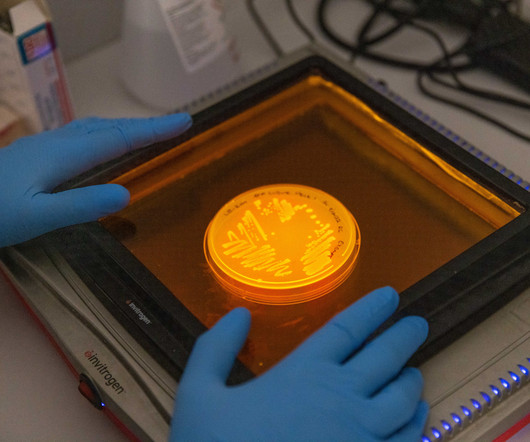
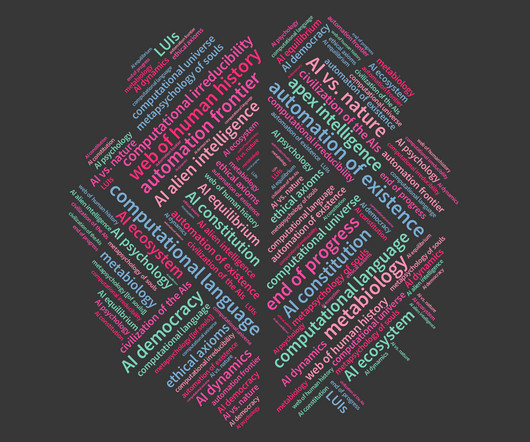
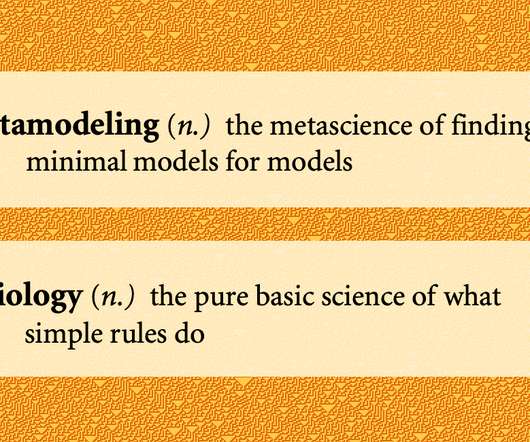
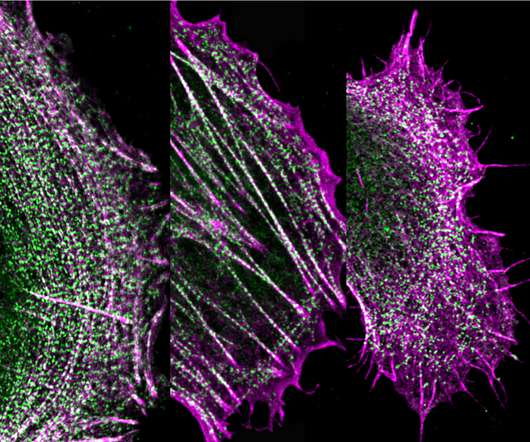
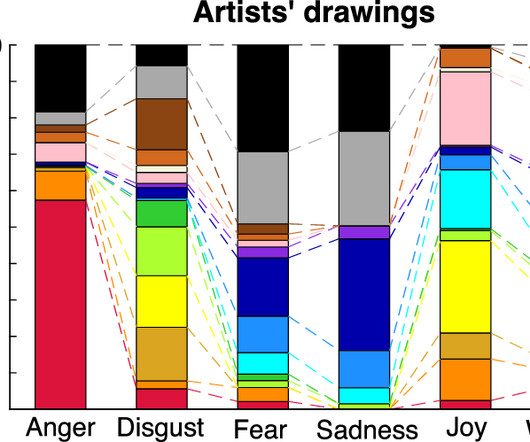

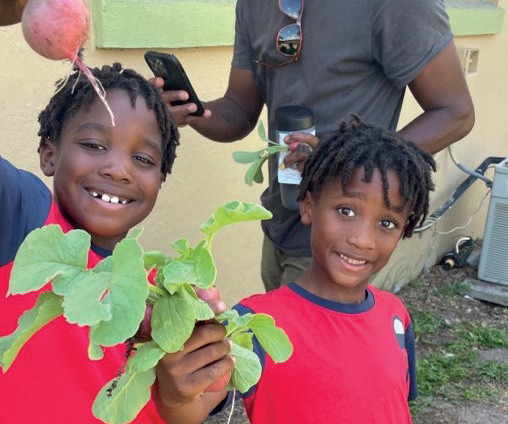






Let's personalize your content